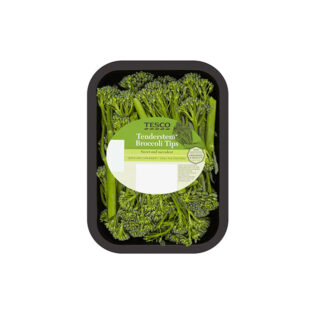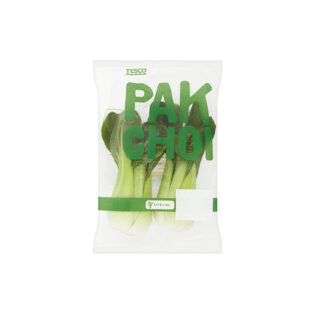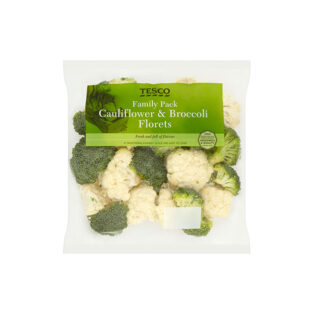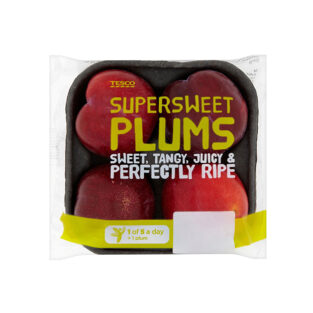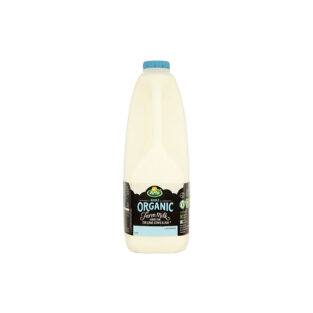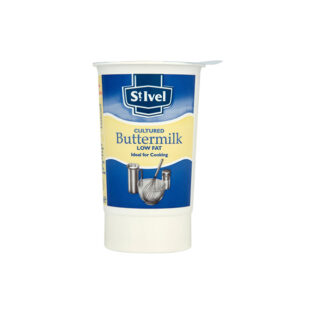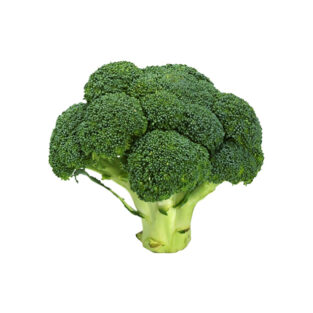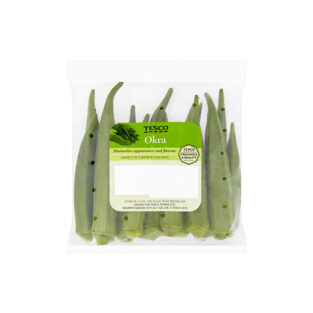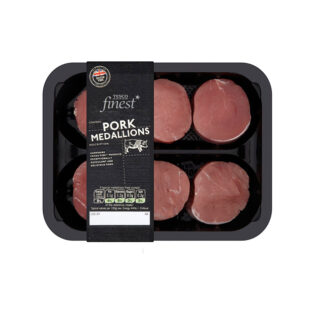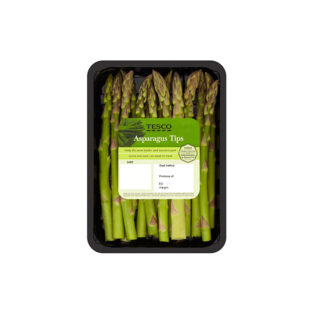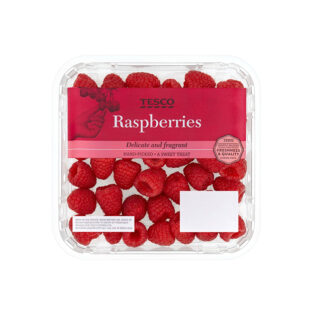- Empty cart.
- Continue Shopping
Free Delivery & Shipping
For all order over $200.
Return Warranty
If you’re not satisfied.
24/7 Technical Support
Anytime & anywhere you’re.
Member Gifts
Discount coupons weekends.
Our Daily Choices
Shirt cotton-voile
Today Flash Sales
Shirt cotton-voile
Fit Jeans L’Homme Washed Slim
Track pants lim-fit technical
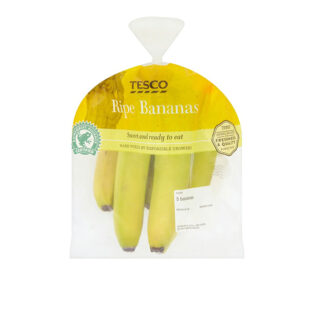
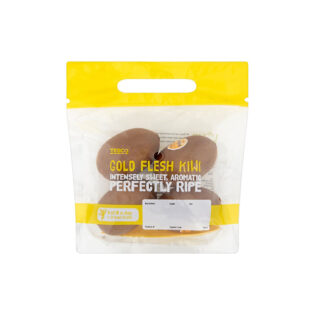
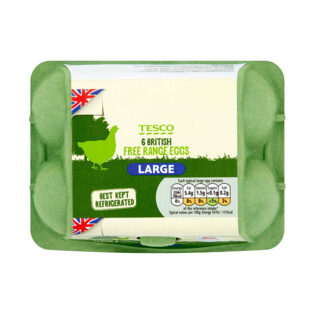
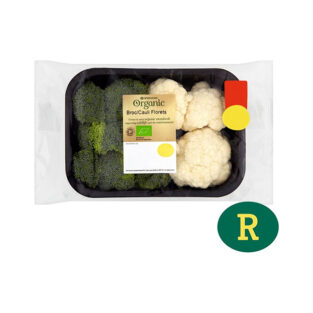
Top Selling Products

Why Choose Money Plant Organics?
At Money Plant Organics, we take pride in delivering 100% pure, high-quality products are packed straight from the source/mills/farming land. Our commitment to excellence ensures that every spice, dry fruit, and cold-pressed oil is fresh, unadulterated, and packed with natural goodness.
✅ Premium Quality – Handpicked and carefully processed for purity.
✅ No Additives or Preservatives – Just natural, wholesome ingredients.
✅ Rich in Nutrients & Flavor – Enhance your health and elevate your meals.
✅ Ethically Sourced – Supporting sustainable and responsible sourcing.
Choose Money Plant Organics – Authentic, Pure, Trusted. 🌿
Money Plant Organics – Certified for Purity & Quality
At Money Plant Organics, we take pride in delivering only the finest quality products. Our certifications reflect our commitment to purity, safety, and sustainability. From organic and pesticide-free lab testing to FSSAI and ISO 9001:2015 standards, each certification ensures that our edible oils, spices, and dry fruits meet the highest industry benchmarks. Trust us for products that are natural, authentic, and responsibly sourced! 🌿✅













